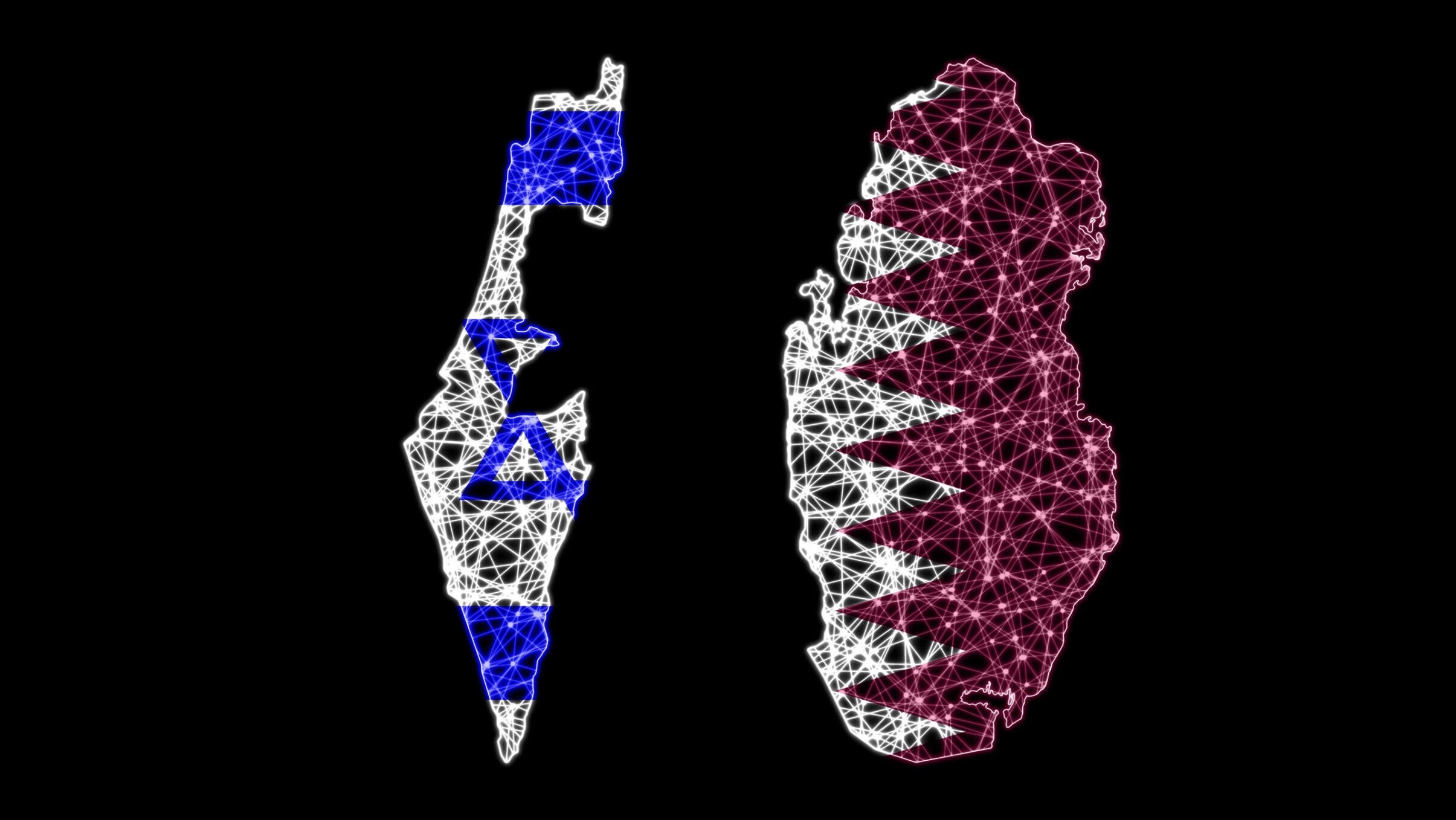The Attack in Doha: Back to the Iron Wall
Yedioth Ahronoth, Israel, September 13
The attack on Hamas leaders in Doha is yet another stark reflection of the sobering reckoning that Israel’s leadership, security establishment, and society at large have been undergoing over the past two years. Even if its immediate operational objectives were not fully achieved, the strike itself reflects the profound transformation that has taken place in the outdated patterns of thought and action that defined Israeli policy for decades.
It is the direct continuation of a series of bold operations—the assassination of Hassan Nasrallah, the pager attack, the killing of senior Hamas figures, the strike on Iran, and the seizure of Mount Hermon in Syrian territory—all of which signal a new security doctrine. Israel is no longer a passive “container” or a mere deterrent; it is now pursuing a proactive strategy that sets the agenda, redraws the rules of engagement, and defines the boundaries of each arena in which it operates.
This conceptual shift is not limited to military tactics but extends to Israel’s strategic political ambitions and its renewed moral clarity. The new rules of the game demand a new moral framework, echoing the old proverb: “He who shows mercy to the cruel ends up being cruel to the merciful.” For decades, Israel sought local political settlements to end the conflict, driven by war fatigue and a misplaced faith in Western-style negotiation. We imposed upon ourselves the duty to pursue agreements even when it was obvious the other side had little interest in genuine compromise.
Give the gift of hope
We practice what we preach:
accurate, fearless journalism. But we can't do it alone.
- On the ground in Gaza, Syria, Israel, Egypt, Pakistan, and more
- Our program trained more than 100 journalists
- Calling out fake news and reporting real facts
- On the ground in Gaza, Syria, Israel, Egypt, Pakistan, and more
- Our program trained more than 100 journalists
- Calling out fake news and reporting real facts
Join us.
Support The Media Line. Save democracy.
This distorted logic gave birth to slogans like “territories for peace” and “quiet will be met with quiet,” as if fairness and reciprocity were meaningful concepts to movements driven by religious fundamentalism. Time and again, we turned our backs on the underlying threat, hoping it would fade away—during the Oslo Accords, despite Yasser Arafat’s blatant violations from the very first day; in the hasty withdrawal from Lebanon; in the unilateral disengagement from Gaza; and in our failure to confront the terror networks festering on our northern and southern borders.
Our enemies correctly concluded that Israel’s blind yearning for peace dulled its survival instinct and made their ultimate strategic goal—the destruction of Israel—more attainable. Nasrallah famously captured this perception in 2000 when, celebrating the IDF’s withdrawal from Lebanon, he likened Israeli society to a spider’s web: strong in appearance but too fragile, because of its deep sensitivity to human life, to fight for its national objectives.
Even in the face of this stark warning and the clear strategic vision articulated by Iran, Qatar, and their proxy organizations, Israel persisted in normalizing an abnormal Middle Eastern reality, denying the righteousness of its own national mission. The naive belief that presenting a nuanced position, acknowledging the Palestinian plight, and flaunting moral standards higher than those required by international law would win global support has proven to be both political folly and a moral betrayal of the Israeli people.
Meanwhile, many Western European countries, themselves grappling with waves of Islamic immigration, cling to outdated colonial frameworks that cast Israel as the oppressor and its enemies as the oppressed. Fueled by Iranian and Qatari propaganda and reinforced by Israel’s hesitant, apologetic messaging, this environment has become a breeding ground for anti-Israel hostility and exclusion.
The recent course correction demonstrates not only military capability but also the moral clarity that the Western world has largely lost—the ability to distinguish between good and evil. Iran, Qatar, Hezbollah, and Hamas represent that evil. They must be confronted everywhere. History shows that periods of genuine stability and peace emerge only when clear centers of power impose order. Israel’s ability to create regional stability is directly tied to its willingness to project military strength. The need to demonstrate force and abandon the pursuit of illusory agreements was articulated a century ago by Ze’ev Jabotinsky in his 1923 essay “The Iron Wall,” where he argued, “The only way to reach an agreement in the future with our enemies is to completely renounce all attempts to reach an agreement in the present.”
Danny Van Buren (translated by Asaf Zilberfarb)



